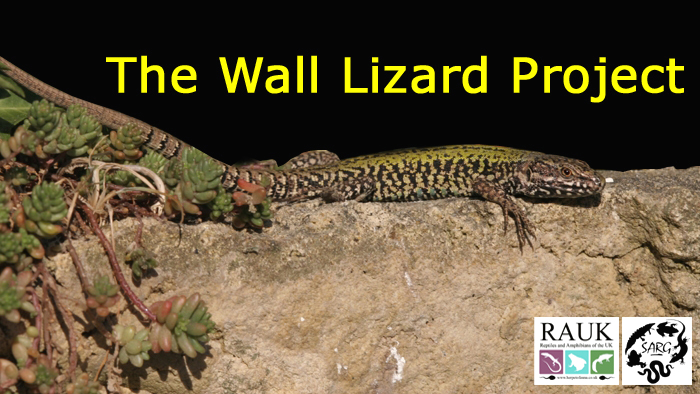Hampton
|

|

|
|
Closest Town: |
BRENTFORD (0.9 km) |
Introduction date: |
Circa 1954 |
|
|
Site Name: |
Hampton |
Source of introduction: |
Unknown |
|
|
Site Access: |
Public |
Colony Status: |
Extirpated |
|
|
Relative population estimate: |
Unknown |
Extirpation date: |
>1979 (possibly extant) |
|
| History: In 1979, Stiles reports a colony of Wall lizards occupying two railway bridges near Hampton in south Middlesex, which he first observed in 1957. The species was confirmed from specimens sent to the Zoological Society of London. From his description of the lizards, they are of the green-backed form, possibly spp. brueggemanni or nigriventris. Stiles further reports that in 1973, some renovation work was conducted on one of the bridges, filling many of the holes used by the lizards. Despite this work, and frequent management of the embankment, lizards were regularly sighted along footpaths, on walls and in adjacent gardens. In 1952, Edlin in his book The changing wildlife of Britain mentions a newly discovered colony near London, which may be a reference to this site. This date is too early to be referring to either the Kidbrooke colony, or the East Burnham colony, and no other colonies are known close to London. This colony has been misreported as being at Hampton Court. Research to date indicates that there has never been a Wall lizard colony at Hampton Court. A survey of the area in 2007 failed to find any animals, although the exact location is unknown, and surviving fragments of the colony may have relocated locally. |
||||
| Ecological impact: Not assessed |
||||
|
Habitat: Based on a pair of railway bridges and associated embankment. Could be found in adjacent gardens |
||||
|
Morphology: Unknown - although probably Italian stock |
||||
|
Location: |
||||